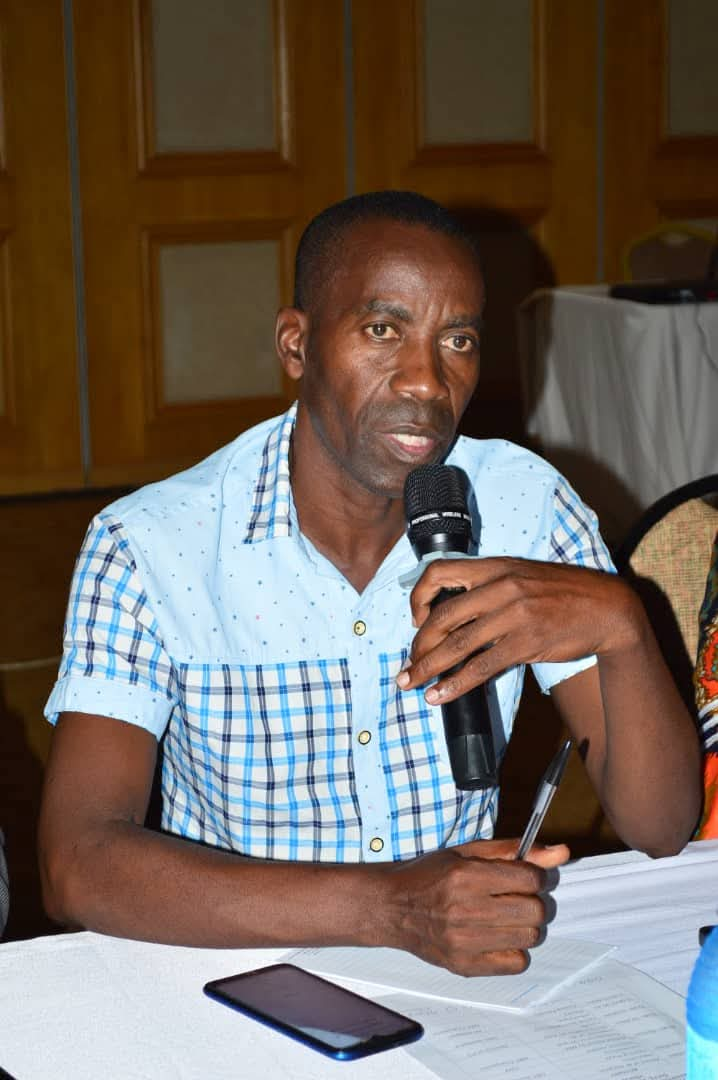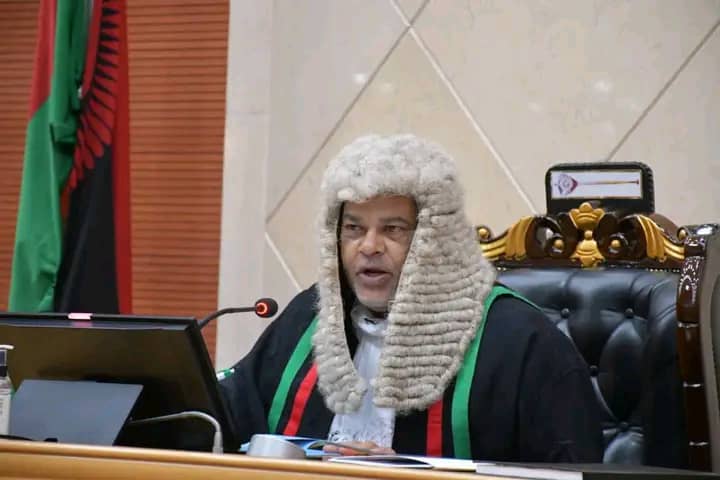By Stevie M. Kauka
The author is a fellow of IPMM who writes on various topics in his own personal capacity.
When we think of martyrs, we often recall figures such as the Christian martyrs who died for their faith or the martyrs of Uganda, whose sacrifices are immortalized in churches bearing their names—like St. Kizito and St. Charles Lwanga. A martyr is someone who suffers persecution or death for refusing to compromise their beliefs or advocating for a cause they deeply cherish.
This story, however, focuses on John Chilembwe as a “conscious martyr.” The term “conscious” originates from the Latin word meaning “knowing” or “aware.” A conscious individual is fully attuned to their surroundings, thoughts, and actions. John Chilembwe, though born an ordinary man in Nyasaland (modern-day Malawi), became profoundly aware of the world’s injustices and inequalities after his transformative journey to the United States in 1897.
Initially, Chilembwe traveled to the United States to raise funds for his mission back home. However, his experiences there exposed him to a radically different worldview. Unlike the reverence and fear of whites that dominated his homeland, Chilembwe encountered radical criticism of white supremacy and systemic racism.
During his time in America, he interacted with influential thinkers like John L. Dube from South Africa and Dr. Lewis Garnett Jordan of the Negro National Baptist Convention. Studying at the Virginia Theological Seminary between 1898 and 1899, Chilembwe’s understanding of race and oppression deepened significantly. He returned to Nyasaland in 1900 as an ordained Baptist minister, bringing with him a vision of liberation and empowerment for his people.
Back in Nyasaland, Chilembwe founded the Providence Industrial Mission with support from the American National Baptist Convention. His mission soon grew into a hub for education, social reform, and self-sufficiency. By 1912, the mission boasted schools, a brick church, and farms producing cotton, tea, and coffee.
However, despite these strides, British colonial exploitation continued to stifle progress. Chilembwe was deeply troubled by the British mistreatment of famine refugees and the forced conscription of African men to fight in World War I. Drawing inspiration from the American abolitionist John Brown, Chilembwe decided that the time for passive resistance had passed. In 1915, he led a daring rebellion against British rule—a movement that would become known as the Chilembwe Uprising.
Chilembwe’s time in America shaped not only his vision but also his sense of agency. He saw education, hard work, and reform as the pillars for uplifting his community. He openly criticized the thangata system, an exploitative form of labor, and spoke out against the broader injustices of colonial rule.
Much like Martin Luther King Jr., who envisioned “the Promised Land,” Chilembwe likely understood the enormous challenges his cause faced. Yet, he acted with full awareness of the risks involved. His resolve to confront injustice, regardless of personal consequences, underscores the depth of his consciousness.
John Chilembwe’s life and death cemented his place in history as a symbol of resistance and justice. His actions ignited a collective awareness of the need for equality and independence, inspiring future generations to continue the struggle for liberation.
Unlike many martyrs who are remembered solely for their sacrifices, Chilembwe’s legacy stands out because of his acute awareness of the systems he opposed and the deliberate actions he took to challenge them.
John Chilembwe remains a conscious martyr—a man who recognized the magnitude of the injustices surrounding him, understood the price of resistance, and still chose to act. His life serves as a powerful reminder that true change demands not only sacrifice but also a deep understanding of the forces at play.
Through his awareness and determination, Chilembwe demonstrated that the fight for justice, though fraught with challenges, is both necessary and noble. His legacy endures as a beacon for those who dare to envision and strive for a better future.



